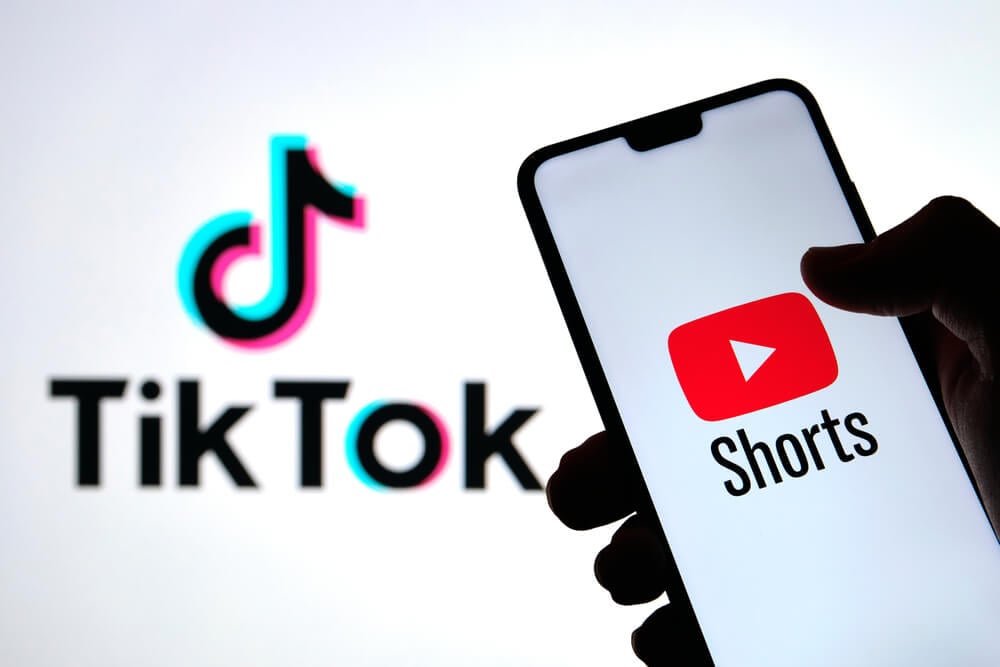Why is Generational Marketing Important?
.jpg)
Every generation has distinct shopping behaviors and responds to marketing differently. If your business has a particular age group making up the bulk of your target audience, it's vital to know how, when, and where to communicate with them. Even if your consumer base includes multiple generations, it's still helpful to adapt your approach according to each segment.
What is Generational Marketing?
Generational marketing is a strategy based on adapting your message and methods to a specific age group (or generation) you wish to target. Segmenting customers based on age is one of the most straightforward ways to enhance your marketing tactics. As one business co-founder put it: "It's no secret that different generations of consumers think differently."
The Importance of Generational Marketing
Getting specific with generational marketing allows for more personalization and refined messaging and creates a lasting connection with your target audience.
1. Effective Audience Segmentation
Companies with a broad, diverse consumer base can't effectively market their products as though they were only talking to one person. They must adapt their core message to appeal to different sub-groups, or segments, within their general audience.
Generational marketing involves segmenting customers based on age, buying habits, characteristics, and preferences. This process of customer segmentation makes marketing much more compelling.
2. More Successful Campaigns
Regardless of age, all customers expect relevant, meaningful content from brands. Adapting your approach according to the consumer's generation will help you to deliver that type of content.
Generational marketing will also enhance the efficacy of your marketing creative. Knowing how to resonate with each generation in terms of the images, language, and other marketing elements you use in your campaigns is essential.
Before a campaign, ask yourself:
- At this life stage, what concerns do customers have?
- What values do they prioritize?
- What emotions do they want to feel?
For instance, many members of Gen X are keenly interested in long-term financial security, while many members of Gen Z desire authentic, value-driven experiences above all else.
Marketing that is expertly tailored to your target audience should feel personal. It should also utilize a communication style that will put most members of that generation at ease. For example, playing off the old tagline "Where's the beef?" will likely resonate with baby boomers and Gen X more than millennials or Gen Z.
Finally, the product or service offers you extend should appeal to your target generation. They should understand how your offering will positively impact their life.
3. Powerful Omnichannel Communication
Unsurprisingly, companies with the most compelling marketing use multiple channels to reach consumers. How does generational marketing fit into this picture? Simply put, when businesses know their primary target on each platform, their use of the platform will be much more effective.
Each generation is comfortable with different channels. Therefore, companies should engage with consumers on the platforms they use the most (and are most familiar with) for better reach and engagement.
Consider the following factors:
- Email -- Email as a channel is appropriate for all generations. Millennials and Gen Z prefer email for marketing communication. Still, keeping generational differences in mind is vital. For example, most millennials and Gen Z dislike "clickbait-y" subject lines and will quickly unsubscribe from or block senders if they feel they're being spammed.
- Direct mail -- In some cases, direct mail is still an effective marketing channel, especially for older demographics. Of course, most modern direct mail messaging should refer consumers to the company's website to take advantage of the enclosed offer. To do this easily, use QR codes. Most people are familiar with using them and can quickly follow a call to action.
- Social media -- The use of social media platforms continues to rise among all age groups — but it's important to know which generations use which platforms. TikTok has a well-deserved reputation as the platform for Gen Z, with over half of Gen Z consumers active. In contrast, 91% of baby boomers have visited Facebook at least once in the past three months, compared to only 55% of Gen Z.
- In-store -- Older generations are often more comfortable with face-to-face interactions in a company's store. However, many millennials and Gen Z-ers appreciate the value of "unique experiences" that in-store exchanges can provide.
Partner with CoxNext for Personalized, Targeted Marketing
Generational marketing is important because it makes your content, ad creative, and platform use more effective at reaching different customer segments. If you'd like to work with an experienced media partner who can improve your marketing strategy, reach out to the team at CoxNext today to start the conversation.
Our expertise with generational marketing will ensure that your campaigns reach more people, resonate on a deeper level, and ultimately bring about greater results for your company.
Related Posts
Unveiling the Secrets: CoxNext Experts Answer 5 Vital Questions on Enrollment Marketing!
May 24th, 202323 Retargeting Statistics You Need to Know
April 26th, 2023Why Partner With Multiple Agencies When One Is All You Need?
April 20th, 202310 Key Tips for Using Video Shorts in Social Media Marketing
April 12th, 20238 Reasons to Use Video Shorts in Marketing
April 5th, 2023What is a White Labeling Service and Why Should You Consider It?
March 29th, 2023What is the Future of TV Advertising?
March 22nd, 2023Marketing Solutions for Every Step of the Buyers’ Journey
March 13th, 20237 Ways to Know Your Marketing Isn’t Working
February 28th, 2023Categories
- Marketing Strategy (90)
- Digital Advertising (47)
- Digital Marketing (28)
- Content Marketing (17)
- OTT (16)
- ROI (13)
- Content Creative (12)
- Agency Partnerships (11)
- Social (10)
- Video (8)
- COVID-19 (7)
- Advanced Data (6)
- Research (6)
- Technology (6)
- Cox Enterprises News (5)
- Generational Marketing (5)
- Industry: Travel (5)
- Industry: eCommerce (5)
- Advertising Budget (4)
- Industry: Higher Education (4)
- Social Media Marketing (4)
- E-commerce (3)
- Podcasts (3)
- Recruitment Marketing (3)
- Search (3)
- Social Media (3)
- Branding (2)
- Inclusive Marketing (2)
- Industry: Cannabis (2)
- Industry: Home Improvement (2)
- marketing budget (2)
- CoxNext News (1)
- Industry - Automotive (1)
- Industry: Healthcare (1)
- Influencer Marketing (1)
- Podcast Advertising (1)
- Privacy (1)
- working with an agency (1)








.jpg)
.jpg)
%20(1).jpg)
